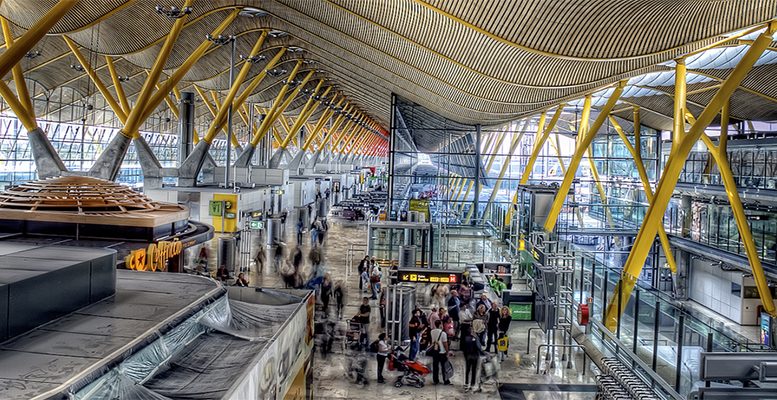Fernando González Urbaneja | In its day, the Barcelona Fair was the most important in Spain, while Madrid’s IFEMA languished in the Casa de Campo. A visionary president of the Madrid Chamber of Commerce, Adrián Piera, imagined an ambitious IFEMA and the socialist mayor at the time, Tierno Galván, had faith in him (“if you say so, Piera, you’ll be right”). There was more support and competitions, but the Feria de Madrid claimed top position in the peninsula, becoming one of the most important fairs in Europe. Meanwhile in Barcelona they began to split hairs over the expansion of their Fair. Nobody conspired against Barcelona, it was the Catalan authorities who dithered, shot themselves in the foot and missed opportunities.
The subsequent expansion of Barajas, especially T4, was decisive in consolidating IFEMA and provoking jealousy and envy in Catalonia, which opted for aggravation. They invest in Barajas and not in El Prat, which is more important; they force us to go through Barajas for international connections… El Prat was extended to narrow the gap and because there was a market in Catalonia, especially for tourism. But the aggravation did not stop. What was annoying was that Madrid was growing and getting bigger.
What happened then with the expansion of Barcelona’s airport reminds me of the case of the Fairs. Even more so Enric Juliana’s article in yesterday’s La Vanguardia. He wondered, probably ironically, whether the planes arriving at Barajas consume rose water and do not affect nearby ducks and wetlands. How come Madrid’s ecologists and the local left are not protesting against the expansion of Barajas? Something along the lines that to relieve the angry Catalans Madrid should give up its opportunities. If Barajas doesn’t expand capacity it makes El Prat more bearable. Strange.
In the background is the myth of the hub (airport with international connections). Barcelona wants a hub, it deserves it just as much as Madrid. No doubt as much as Milan, Rome or Lisbon, which also aspire to a hub. The problem is that this asset cannot be bought in a department store or at auction. For something to deserve the status of a hub, it needs not only a suitable airport, but also airlines, at least one major one, that can provide interconnections. Barajas is the closest thing to a hub, but a far cry from London, Paris, Frankfurt or even Amsterdam. Here the concepts (hub) are used without going into the details, without knowing very well what they are all about. Lisbon, which is expanding its airport, aspires to the same as Barcelona without making a fuss, with intelligence and consensus. And Barajas satisfies Madrid’s needs without being a nuisance, which is why people do not take to the streets to limit what works.





